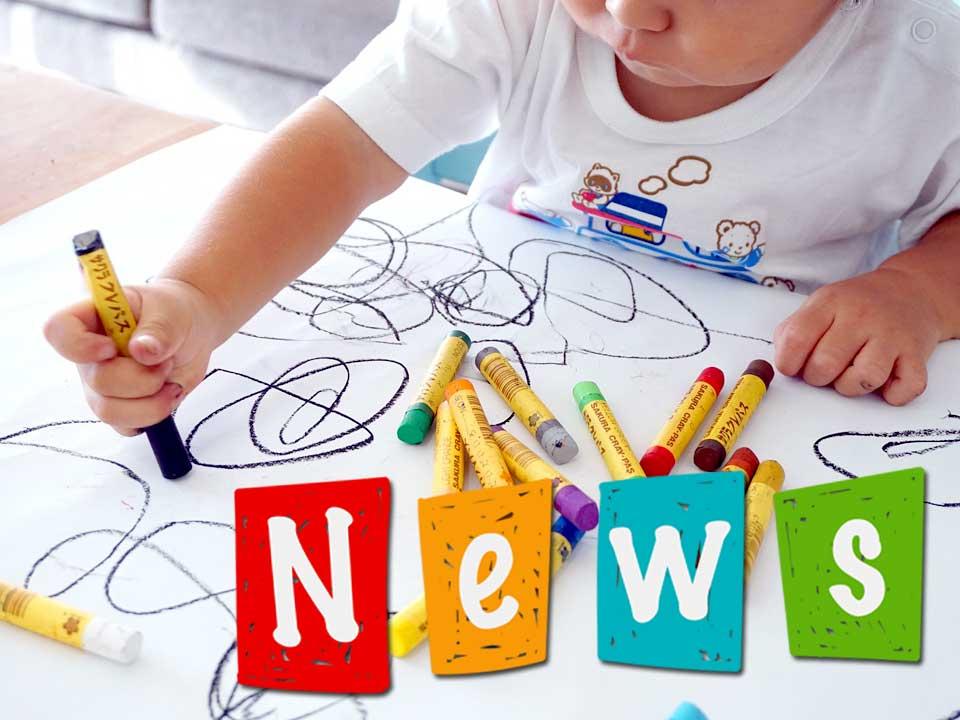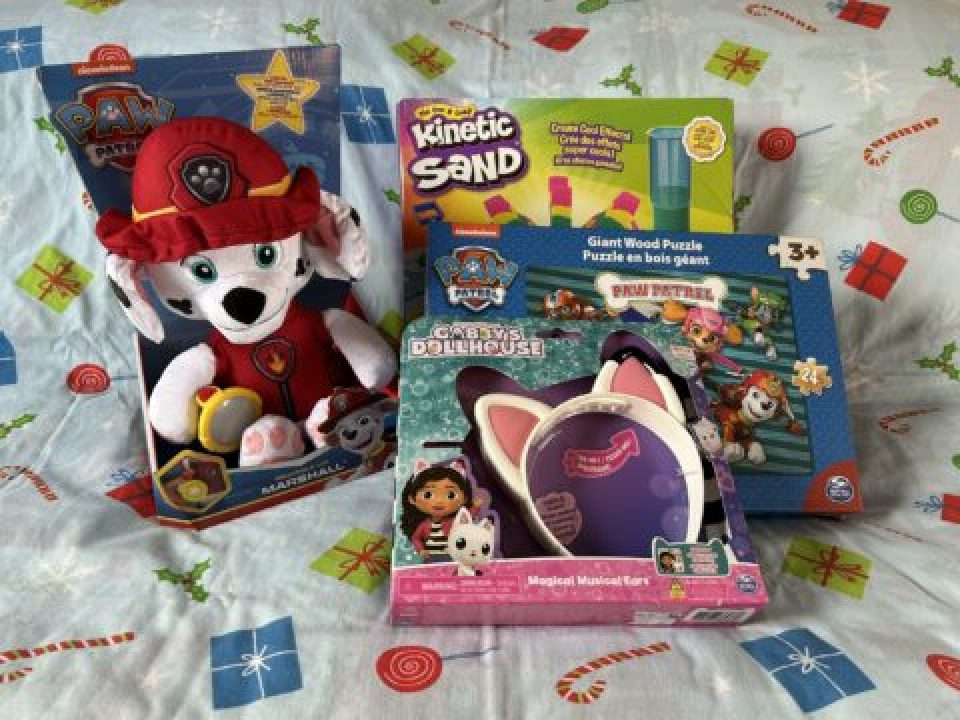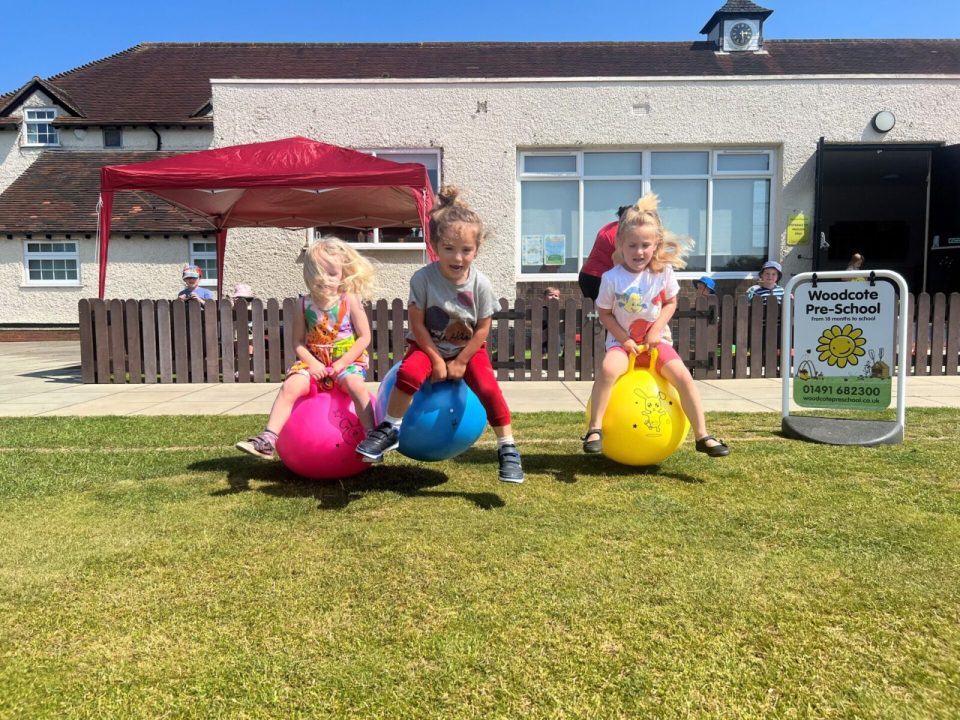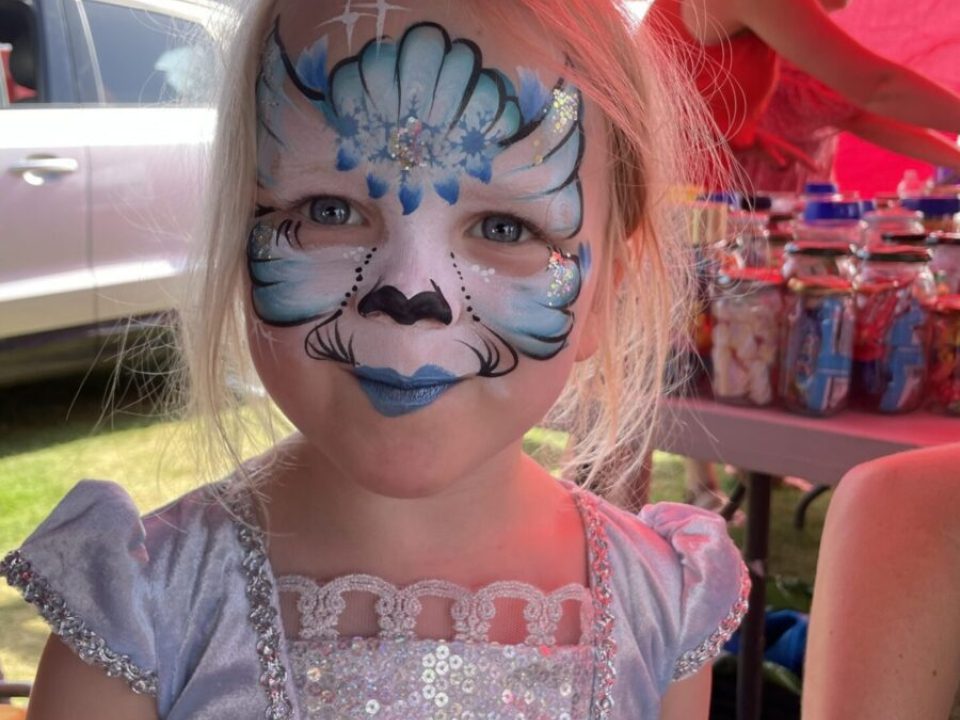
August Newsletter
01/08/2012
Being a good role model to your 4-5 year old
14/08/2012Most of us do not enjoy change or new unfamiliar situations. Children are far more comfortable when their day to day lives are predictable and repetitive. Starting with potty-training, moving out of their cots in to big beds or the arrival of a new sibling, there are major changes for your toddler to face. Following these tips will surely make things easier for parents and children alike.
MOVING FROM A COT TO A BED
The cot signifies the change from being a baby to being a child. Your child may feel anxious about going to bed or curious to explore the new found freedom of being able to climb out on their own. Whatever your child’s reaction, save some nice things for bedtime to make them want to settle down.
Share books, have bedtime cuddles, listen to stories together on a CD or simply ly together discussing the days events or looking forward to the next day. Encourage your child to stay in bed by creating clear boundaries. Perhaps a new soft toy or blanket to keep them company in the new bed would do the trick…or the promise of a reward for being good. Try out a few positive reinforcements and stick to the ones that work for you.
Keeping the same bedtime routine really helps the transition
THE ARRIVAL OF A NEW BABY
The arrival of a new baby means a huge adjustment for the whole family. Your toddler may perceive your basic caring such as feeding and bathing the baby as attention, which he feels should be his. He might feel jealous, excited or angry and revert to baby-like behaviour or language to get your attention back. Sometimes temper tantrums and fussiness can present themselves.
Try talking to your toddler about the baby’s arrival well in advance. Read story books about the topic of a new baby-there are some fabulous ones available in most public libraries- and take the time to do a little explaining. Explain that babies cry and sleep a lot and that they should not expect the baby to play straight away. Manage their expectations and they will be less disappointed when baby arrives home and cannot do all the things they had hoped.
As far as possible stick to any normal established routines your toddler has and spend some alone time with them. Delay any other changes for later!
He sees the baby getting the attention he wants.
POTTY TRAINING
At around 2 to 3 years of age, toddlers are able to start with potty-training. Keep calm and allow your toddler to set the pace of the training. He may be feeling anxious, distressed and pressures to perform. Don’t force the issue if they are not ready. It will only lead to resentment and frustration.
Be patient and give plenty of praise. I have found that a reward chart works wonderfully and there are a many for sale or available to download on the Internet. Remember to carry spare clothes with you in case of accidents when you are out. Portable potties are handy too and can save you the anxiety of not being able to find a clean toilet. I have one and have found it invaluable as inevitably my daughter needs to go right in the middle of my shopping. In fact, she has often done her business on her portable potty right in the boot of the car!
As hard as it is, it is important to maintain your sense of humour and to praise every little achievement!
Make potty time relaxing by chatting and have fun by saying plop when it drops and bye bye when you flush !
STARTING SCHOOL
School is a great place for children to develop social and emotional skills. But is may be the first time that your child is without you nearby, she may worry that you are not coming back and feel nervous, excited, and even frightened.
Try find a good environment which offers a settling in period. Go with your child and stay there until she gets to know the routines and other children and staff. Help her to adjust and slowly tailor off your visits. Remember to stick to your bedtime routines to ensure that she is not over-tired because a tired child is an unhappy one!
School helps a child’s social and emotional growth.
Above all, when changes are happening, try to think of what it might be like for your child and make the transition period as smooth as possible.
---------------------------------------------------------------------------
Author: Carla aka The ToddleBabe
See lots of great kids activities, crafts and recipes on our ToddleBabes Website
Learn to Play, Play to Learn






